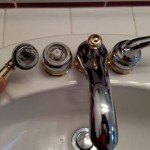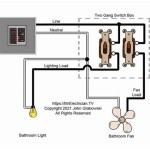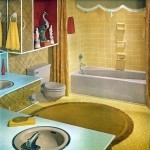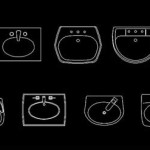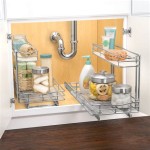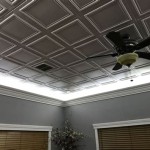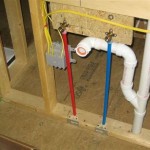Do I Need a Permit for a Second Bathroom in Taiwan?
Adding a second bathroom to a residence in Taiwan can significantly improve comfort and property value. However, undertaking such a renovation requires careful consideration of local regulations and permitting procedures. Understanding these requirements beforehand is crucial to avoid potential legal issues and ensure a smooth renovation process.
Taiwanese building codes and regulations are comprehensive and designed to ensure safety and structural integrity. Adding a bathroom, even a seemingly small project, often involves modifications to plumbing, electrical systems, and sometimes even load-bearing walls. These changes typically fall under the scope of building permits and require approval before construction can begin.
Building Permits and the Construction Management Act
The primary legislation governing building permits in Taiwan is the Construction Management Act (建築法). This act outlines the requirements for various construction activities, including additions and renovations to existing structures. Adding a second bathroom almost always falls under the purview of this act, necessitating a building permit. The specifics of the permit requirements can vary based on the scope of the project, the location of the property, and the classification of the building (e.g., residential, commercial).
Ignoring the permit process can lead to penalties, including fines and mandatory demolition of the unapproved construction. Furthermore, unauthorized renovations can impact property insurance coverage and create difficulties when selling the property in the future.
Navigating the Application Process
The application process for a building permit typically involves submitting a detailed plan of the proposed bathroom addition to the local building authorities. This plan should include architectural drawings, plumbing and electrical diagrams, structural calculations (if applicable), and a description of the materials to be used. The local authorities will review the plans to ensure they comply with building codes, fire safety regulations, and other relevant standards.
Engaging a qualified architect or licensed contractor is highly recommended. They possess the necessary expertise to navigate the complexities of the permit application process, ensuring compliance with all regulations. They can also assist with preparing the required documentation and communicating effectively with the local authorities.
Plumbing and Drainage Considerations
Adding a bathroom necessitates connecting to existing plumbing and drainage systems. These connections must adhere to specific regulations outlined in the plumbing code. The capacity of the existing system must be sufficient to handle the added load of the new bathroom. In some cases, upgrades to the main plumbing lines or drainage system might be required. These upgrades will also need to be included in the permit application and approved by the relevant authorities.
Furthermore, wastewater disposal and connection to the sewer system must comply with environmental regulations. Improperly installed plumbing can lead to leaks, water damage, and environmental contamination, highlighting the importance of adherence to regulations and professional installation.
Electrical Requirements and Safety
Installing electrical wiring and fixtures in a bathroom environment requires careful attention to safety regulations. Bathrooms are considered wet locations and are subject to stringent electrical codes to minimize the risk of electric shock. The chosen fixtures and wiring must be appropriate for use in wet locations and installed by a licensed electrician. All electrical work related to the new bathroom must be documented and included in the permit application.
The electrical plan should detail the location of outlets, lighting fixtures, ventilation fans, and any other electrical components. It should also specify the type of wiring, circuit breakers, and grounding systems to be used. Compliance with these regulations ensures the safety of the occupants and prevents potential hazards.
Local Government Regulations and Variations
While the Construction Management Act provides the overarching framework, local governments can have specific regulations and procedures that apply within their jurisdictions. These local variations might include specific requirements for building materials, setbacks, or environmental considerations. It is essential to consult with the local building authorities to determine any specific requirements applicable to the project location. Understanding these local variations is crucial for successful permit acquisition and a compliant renovation.
The process of obtaining a building permit for a second bathroom can seem complex, but it is a necessary step to ensure safety, legality, and long-term value. By engaging qualified professionals and adhering to the established procedures, homeowners can navigate the process effectively and enjoy the benefits of their improved living space.

10 Practical Considerations For An Hdb Bathroom Renovation Lifestyle News Asiaone
Can People From Taiwan Travel To Mainland China And Vice Versa Quora

Best On Jiae Hotel In Taoyuan Reviews

Bathroom Design Remodelling Tips Advice

In Some States With Laws On Bathrooms Officials May Not Know How They Will Be Enforced Taiwan News 2024 06 27 04 08 28

Old Street International Youth Hostel Huangshan China Booking Com

Taiwan Travel Guide At Wikivoyage

Hotel Garni Versail Galtur 2024 Reviews Pictures Deals

Beautiful Plot With A Permit For Two Villas Crete Homes

Taiwan Apartment Al Guide Faq 台灣租屋常見問題 Foreigners In 外國人在臺灣
Related Posts
